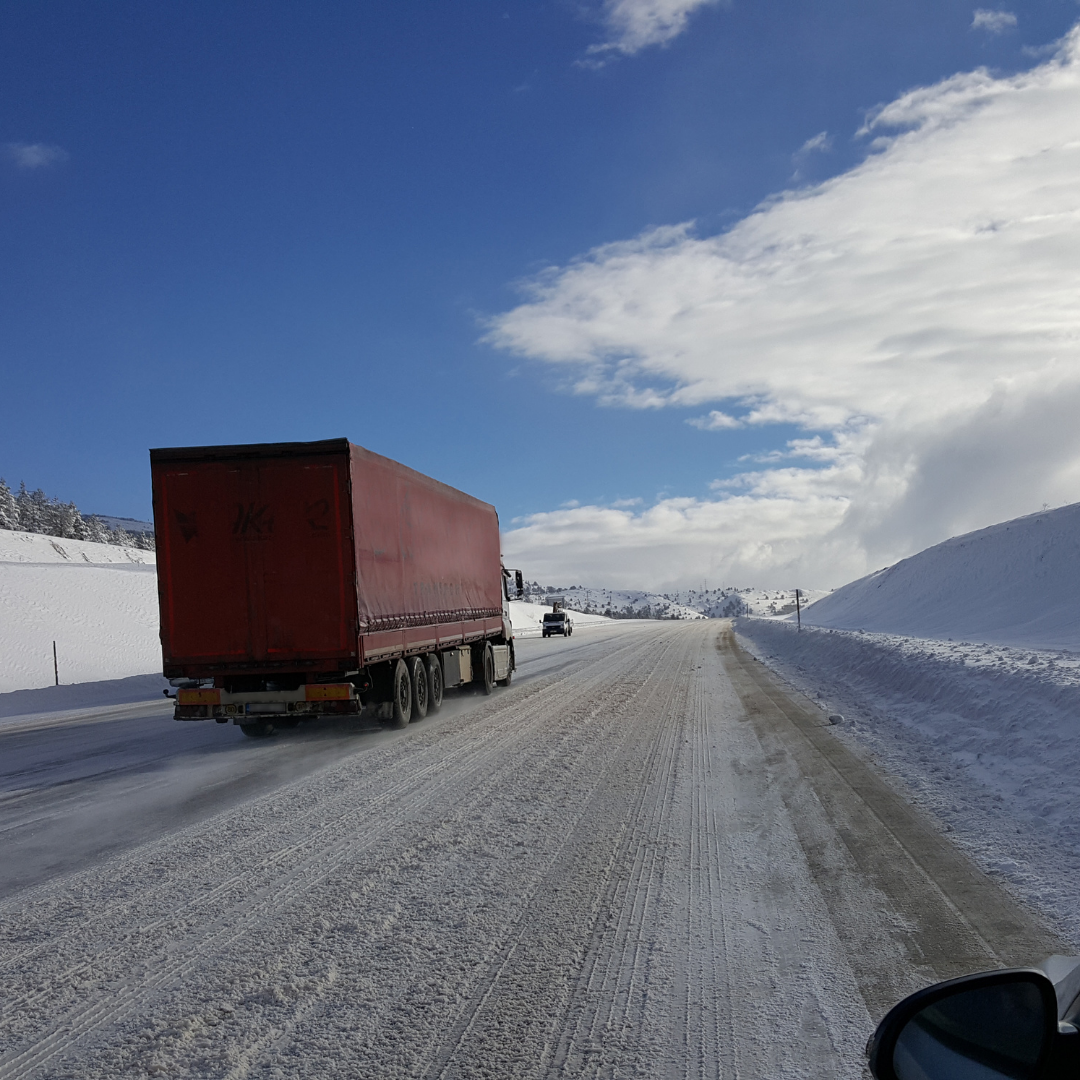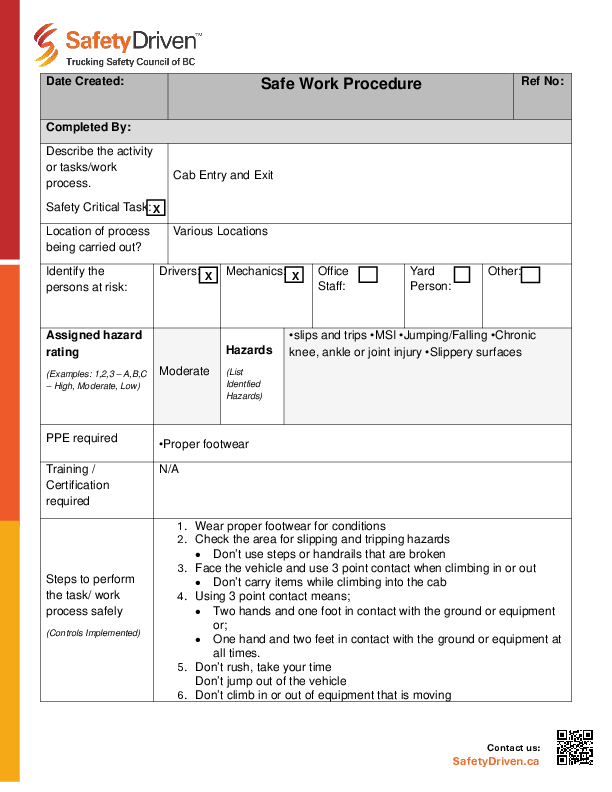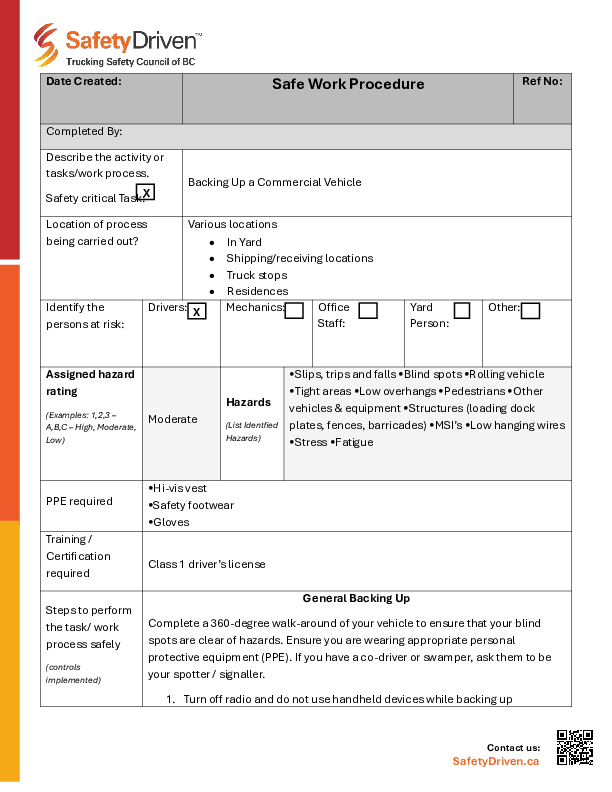
Winterizing Your Fleet is a Must, Not Just a Suggestion
Picture this: Demand for shipping and delivering packages at an unprecedented high this holiday season has more fleets on the road with added pressure to keep the supply chain running smoothly. An intense winter storm blows through, stalling your fleet vehicles from making deliveries on time.
Batteries are drained, drivers are experiencing a loss of fuel economy due to the biting cold and tires are in need of some serious repair to keep traction through icy conditions.
All of these issues and more can be addressed, making something as unpredictable as the weather, manageable. And with the added layer of the COVID-19 pandemic, fleets are on the front lines delivering necessary products to people all over the country right now.
Companies that offer mobile services, such as Wrench, Inc., are offering contact-free mobile maintenance, which includes a disinfecting service provided by a technician who will wipe down high-touch areas, including door handles, consoles, steering wheels, and more with a CDC-approved disinfectant. Services that come directly to you can significantly improve your fleet’s efficiency in these busy times where every second counts.
Here are some of the top tips to consider when winterizing your fleet vehicles:
1. Check your wipers. Though it sounds like a basic no-brainer, replacing or checking your wipers early and often throughout the winter will help ensure your drivers are safe on the road, especially in inclement weather.
2. Battery and spark plugs. Batteries are susceptible to draining quickly in colder weather and are more difficult to recharge while on the road. It’s a great idea to test your battery before hitting the road using a handheld battery and electrical system tester, ensuring you replace batteries before it’s too late. Ensuring your spark plugs operate normally is crucial to being able to start your vehicle and help with fuel economy. Extreme weather temperatures can negatively impact the reliance of your spark plugs so it’s a good idea to check to make sure there is no deposit build-up and replace if they are malfunctioning.
3. Brakes. Brakes often feel different in the winter and tend to accumulate more wear and tear due to rough road conditions. Thin material in brake pads can crack in colder temperatures and it’s important to check the state of your brake pads before hitting the road, replacing them if needed. You can also check the air dryer and its filter to ensure that it’s in proper condition to prevent any freeze in your brake lines that could become hazardous on the road.
4. Gas. It’s often not something many people may think to check before hitting the road, but it’s a good idea to keep the tank filled above half since water vapor can collect in the tank more easily in the winter.
5. Tires. There are few things as dangerous as losing tire pressure or altering tread ahead of driving on icy roads. Keeping tire pressure in check and rotating tires as needed is a great way to ensure the safety of your fleet’s tires.
Thanks to a partnership with Tirescanner, on-site maintenance, or repair for virtually every brand of tire is now available from Wrench to help decrease downtime and get drivers back on the road.
These seemingly simple steps can make a major difference in the long run, especially when you’re crunched for time and it’s imperative to keep fleet vehicles on the road safely and efficiently. With just a little preparation, you can prevent the change in seasons from becoming a major roadblock and headache.
Stay up to date and sign up for one of our newsletters for more topics on seasonal driving, distracted driving and more!
Latest Resources
Safe Work Procedure: Cab Entry & Exit
An Employer can make use of a safe work procedure (SWP) by training new and existing ...
Safe Work Procedure: Backing Up Commercial Vehicle
An Employer can make use of a safe work procedure (SWP) by training new and e ...

